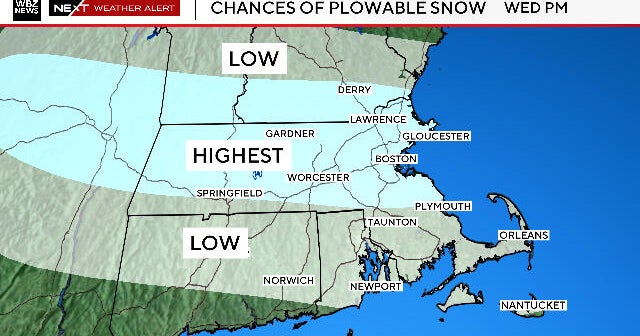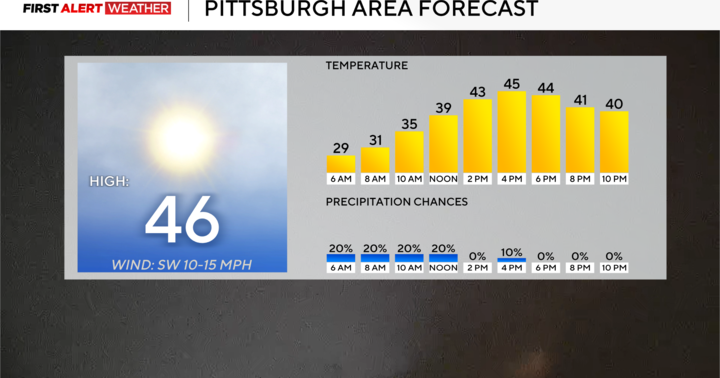How Winter Can Hurt Your Health
BOSTON (CBS) - Between the aching back from shoveling and the dry skin from being inside, winter can be tough on our health.
The risk for cardiac problems goes up this time of year.
60-year-old Antonio Rosario recently had a heart attack and is thankful to be alive.
"I feel lucky to have a second chance,' he said.
Research shows that for every two degree drop in temperature, the number of heart attacks increase by two percent.
WBZ-TV's Paula Ebben reports.
Cold weather causes blood vessels to narrow which makes the heart work harder.
Dr. Franz Messerli, a cardiologist, explained, "Blood vessels have to constrict to preserve the body temperature inside, and a constriction of the blood vessels increases your blood pressure."
High blood pressure can lead to heart attacks and stroke.
Another issue this time of year is the diminished amount of sunlight which can affect our overall mood.
While this is often cast off as a case of the 'Winter Blues', its real name is Seasonal Affective Disorder.
Dr. Stephan Quentzel, a psychiatrist, said the symptoms can be severe. "Sadness, sadness spontaneous crying, low energy, difficulty with sleep, changes in eating, aches and pains, lethargy."
While a warm weather vacation might do the trick, you can get the same result with a light box in your home
Another problem from the lack of sunshine can be a deficiency in Vitamin D which our body creates when it's exposed to the sun.
A lack of Vitamin D can increase the risk for osteoporosis, Parkinson's disease, and heart disease.
Dr. Messerli explained, "When you expose your skin to sun, this synthesizes or produces vitamin d, and the more the skin is covered, and the less sun there is around, therefore the less Vitamin D is in the body."
Ten minutes of sun on the hands and face daily can increase your levels. A simple blood test can show whether your levels are low enough to require supplements.
This time of year can make breathing tougher.
Cold dry air narrows the airways into the lungs, and that can worsen conditions like asthma and emphysema.
Don't forget to cover your mouth with a scarf or facemask when you're outside and that will warm the air before it enters your lungs.
It's always important to wash your hands regularly, but particularly this time of year when there are concerns about colds and the flu.







